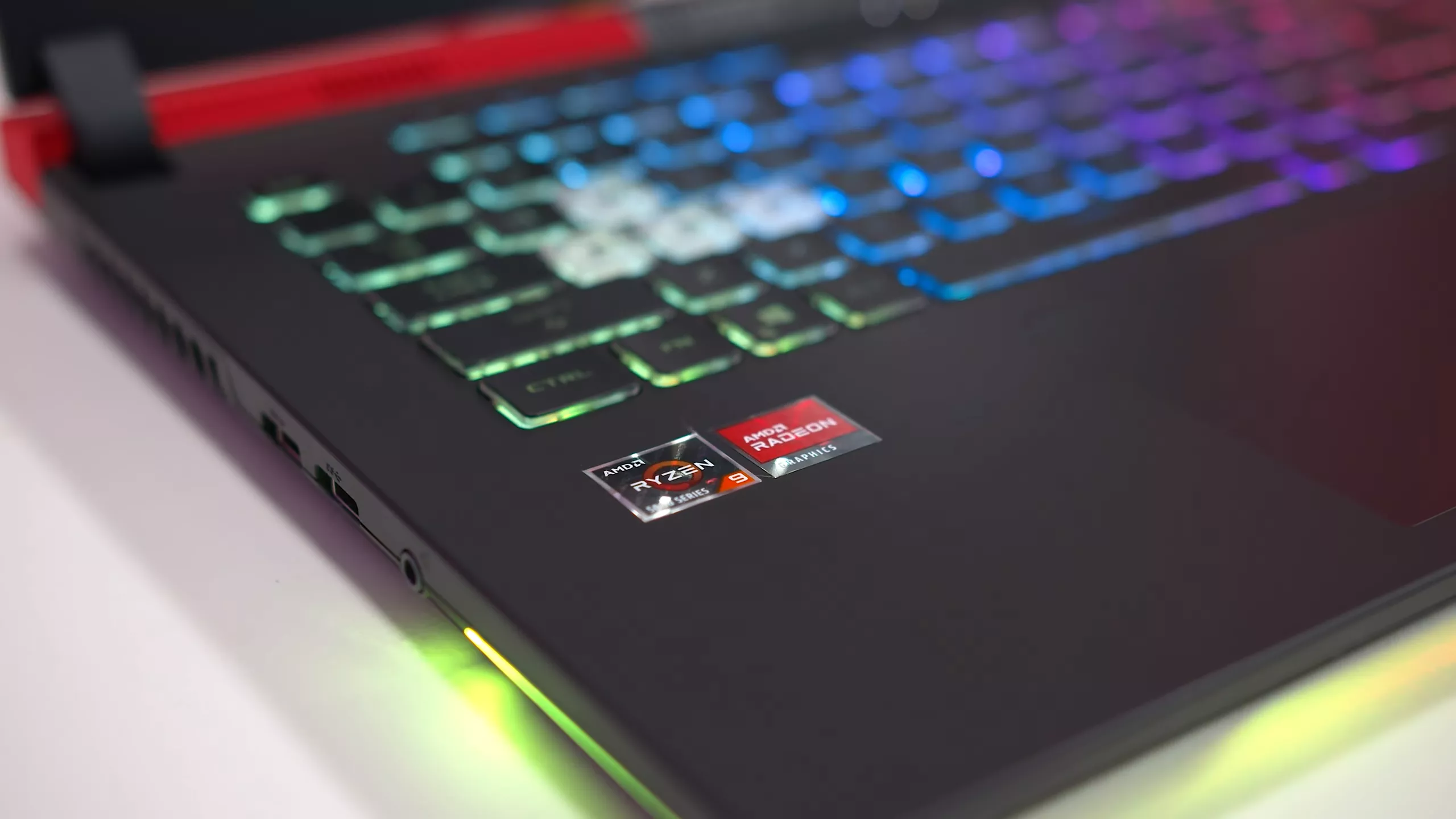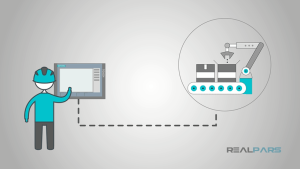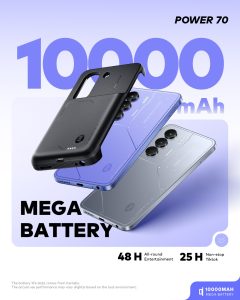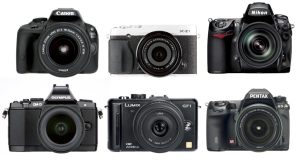Choosing the Perfect Laptop or PC for Your Needs
In today’s digital age, laptops and PCs have become indispensable tools for work, entertainment, and personal productivity. With so many options on the market, finding the right device can feel overwhelming. Whether you’re a gamer, a professional, or a casual user, this guide will help you make an informed decision.
Understanding Your Purpose
The first step in selecting a laptop or PC is identifying your primary use case. Are you looking for a powerful gaming rig, a portable laptop for work, or a budget-friendly option for everyday tasks? Defining your needs will narrow down your options.
Common Use Cases:
- Gaming: Look for devices with high-performance GPUs, fast processors, and ample RAM. Popular choices include NVIDIA RTX graphics cards and Intel Core i7 or AMD Ryzen processors.
- Professional Work: Creative professionals may need a laptop with a high-resolution screen and strong processing power, such as a MacBook Pro or a Dell XPS. Business users might prioritize portability and battery life.
- Everyday Use: If you’re browsing the web, streaming, or working on light tasks, affordable laptops like Chromebooks or entry-level PCs will suffice.
Key Specifications to Consider
Understanding technical specifications is crucial when comparing devices. Here are the key components to focus on:
- Processor (CPU): The brain of your computer. Higher-end processors like Intel Core i5/i7/i9 or AMD Ryzen 5/7/9 provide better performance for multitasking and demanding tasks.
- RAM: Determines how smoothly your device runs. Aim for at least 8GB of RAM for general use, and 16GB or more for gaming or professional software.
- Storage: SSDs are faster than traditional HDDs. A 256GB SSD is ideal for casual users, while professionals or gamers might need 512GB or more.
- Graphics Card (GPU): Essential for gaming and graphic-intensive tasks. NVIDIA and AMD are the leading brands.
- Display: Look for a screen with at least Full HD resolution (1920×1080). Gamers and creatives may prefer 4K displays or higher refresh rates.
- Battery Life: For laptops, consider how long the battery lasts on a single charge. This is especially important for frequent travelers.
- Portability: Lightweight and thin laptops are perfect for those on the go, while desktop PCs offer more power but less mobility.
Operating Systems
Choosing the right operating system is another critical decision:
- Windows: Versatile and compatible with most software. Ideal for gaming and professional use.
- macOS: Exclusive to Apple devices, known for its user-friendly interface and strong performance in creative tasks.
- Linux: Preferred by developers and tech enthusiasts for its customization options.
- ChromeOS: Found on Chromebooks, best for lightweight tasks and cloud-based work.
Budget Considerations
Setting a budget helps you focus on devices that offer the best value for your money. Here are some general price ranges:
- Budget: Under $500. Suitable for basic tasks and students.
- Mid-Range: $500–$1,200. Offers a balance of performance and features.
- High-End: $1,200 and above. Ideal for gamers, professionals, and tech enthusiasts.
Additional Features
Depending on your needs, you may also want to look for:
- Touchscreen functionality
- Backlit keyboards
- Multiple USB and HDMI ports
- Advanced cooling systems
- Expandable storage and memory
Conclusion
Choosing the right laptop or PC requires careful consideration of your needs, preferences, and budget. By focusing on key specifications and understanding your primary use case, you can find a device that enhances your productivity and fits seamlessly into your lifestyle. Whether you’re upgrading your current setup or buying your first computer, the right choice will make all the difference.
Share this content:












